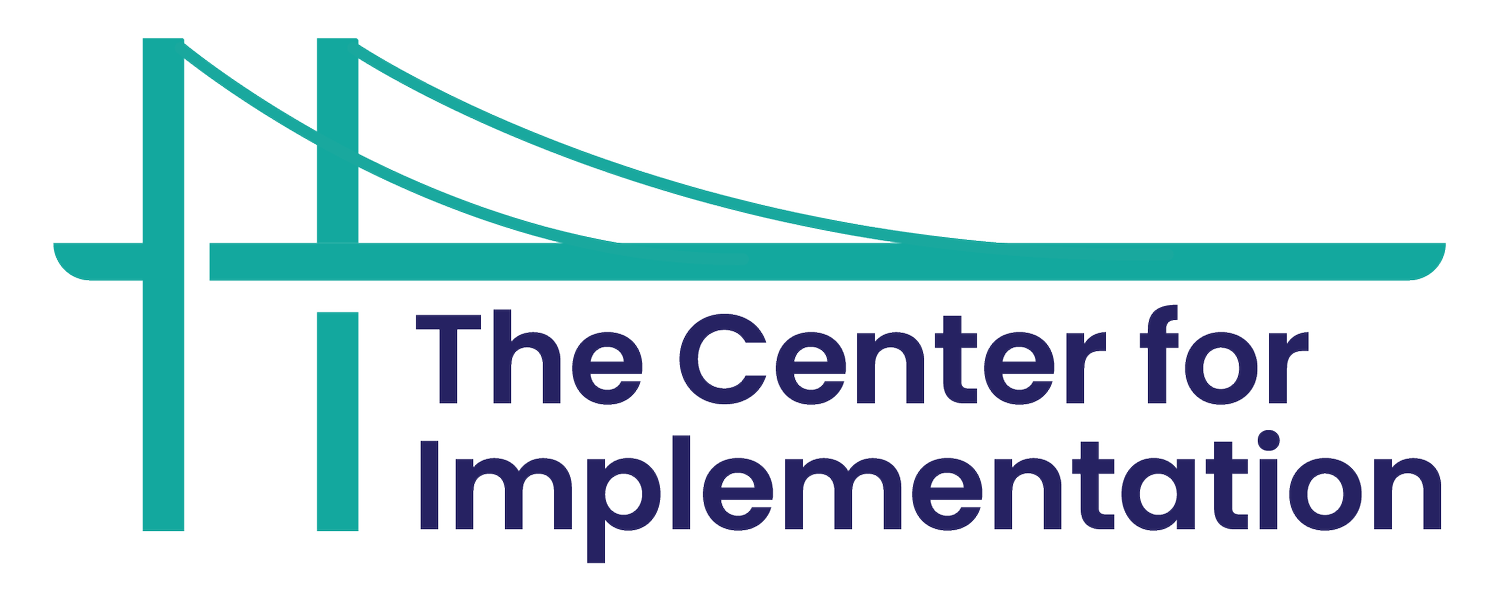Building Empowerment Into Your Implementation Work
By Dr. Sobia Khan, Director of Implementation
7-min read
A core part of what we do at TCI is providing what we jokingly call “implementation therapy” to many people who are both new and experienced implementers in our Implementation Change Community. Together with our fellow implementation support practitioners, we talk about the highs and lows, the knowns and unknowns, and the wins and losses of implementation. We empathize, offer support, and collectively generate advice. A theme throughout these conversations is that many people feel disempowered throughout implementation. Even people we think have “power” or are “powerful” have moments where they feel like power is out of their hands.
When we took a deep dive into the nature of trust and power in our course Cultivating Trust and Navigating Power, we had many light bulb moments about the nature of power that we turned into an analogy called the Jewels of Power, which reflects why people feel this way. Technical definitions of power highlight that power is the ability to control or influence the thoughts, behaviors and actions of others. This definition doesn’t really unpack where power comes from and why it changes.
Unpacking the nature of power: The Jewels of Power
In the Jewels of Power analogy, power comes from a source – the jewels you hold. This source can be things we tend to associate with power, like money or status, but can also be many other things like knowledge, mindset, or perhaps even infectious charm. Therefore, just as there are different and diverse jewels, there are different and diverse power sources. What gives you power is not just possessing a jewel; your jewel needs to be valued by others. You can walk into one scenario holding your diamond, and because that diamond is valued, it offers you power. You might enter another scenario where your diamond is valued just as much as other jewels –a case of equal or distributed power. In other scenarios, you still hold the same diamond, but no one values it, making you feel powerless.
Power within: Reflecting on power in your own implementation work
Thinking about power in this way is, well, incredibly powerful. First, it means that everyone has a source of power. Last week I was facilitating a workshop on power, and someone returned from a breakout room saying, “it’s so easy to recognize other people’s jewels of power, but not my own!” What this person said is a common experience. It may be hard to identify, but there is not one person (including you) who does not a source of power – we need to intentionally recognize this. A great team activity you can do is to ask each other what their team members’ jewels of power are, then give everyone the list that was generated for them by their colleagues to self-reflect on their power within. This not only builds relational energy among your team, but it also helps people recognize their own power source and the diversity of power sources that exist.
Second, it means that you can change the nature of power if you change the value you place on different power sources. This is important particularly when embodying equity. For example, when we ask people to value different sources of knowledge (e.g., lived experience), this is not just about respect but also power; we can ensure that people who possess specific types of knowledge have equal power to others if we value all sources of knowledge the same. It also means that you can balance power by intentionally valuing certain power sources less than you do now, and intentionally valuing other power sources more than you do now.
Finally, this means that even when you feel disempowered, it doesn’t mean your power is gone. You still hold that source of power. It means that in a specific scenario or context, your jewels of power are less valued, and if you move into different scenarios or contexts, you may find that you do in fact hold more power. Keeping your power within in mind can be an incredibly impactful shift in how you approach your implementation work.
The power of reflecting on power
The Jewels of Power has been the root of many “a-ha!” moments for people who have taken our Cultivating Trust and Navigating Power course. Applying this to my own work, I realized that I felt disempowered when I started doing implementation practice work because the type of experience I had wasn’t valued. Now that there is a higher value placed on this kind work, I feel my jewels of power are more well respected. Yet, if I knew then what I know now, I would have always felt more empowered knowing that I did in fact have a great source of power that I recognized even if others at the time didn’t. It has also been interesting to reflect on other people’s jewels of power. For example, my dad was a business owner who wasn’t always the best at running a business, yet people always wanted to invite him into their business deals. Reflecting on this now, I see he was someone who was charming and had amazing relational energy. People invited him into their spaces of power because they valued his ability to connect. We don’t often think about this as a source of power, yet we see in so many situations (not just his) that it is highly coveted.
As we wrap up this year, I hope you have time in your busy schedules and over the holiday to self-reflect on your own jewels of power and the jewels of power of those around you (at work and in life).
This article was featured in our monthly Implementation in Action bulletin! Want to receive our next issue? Subscribe here.
